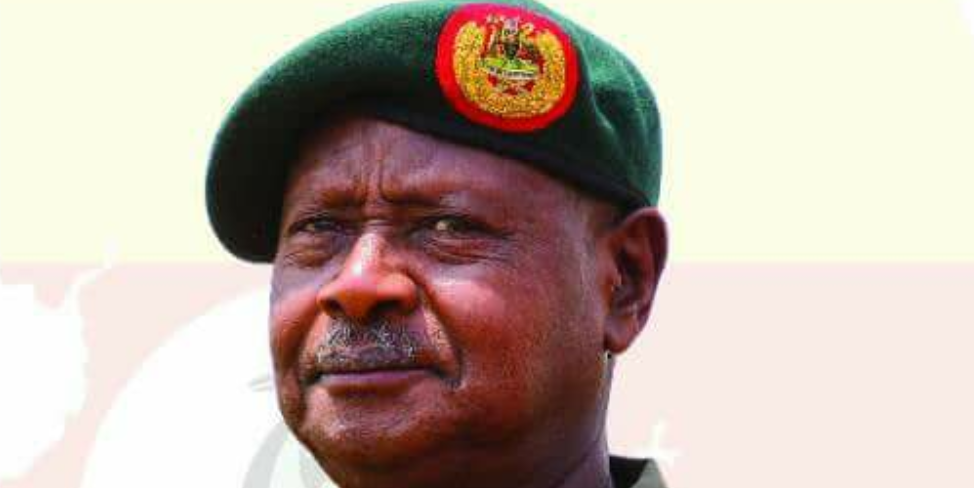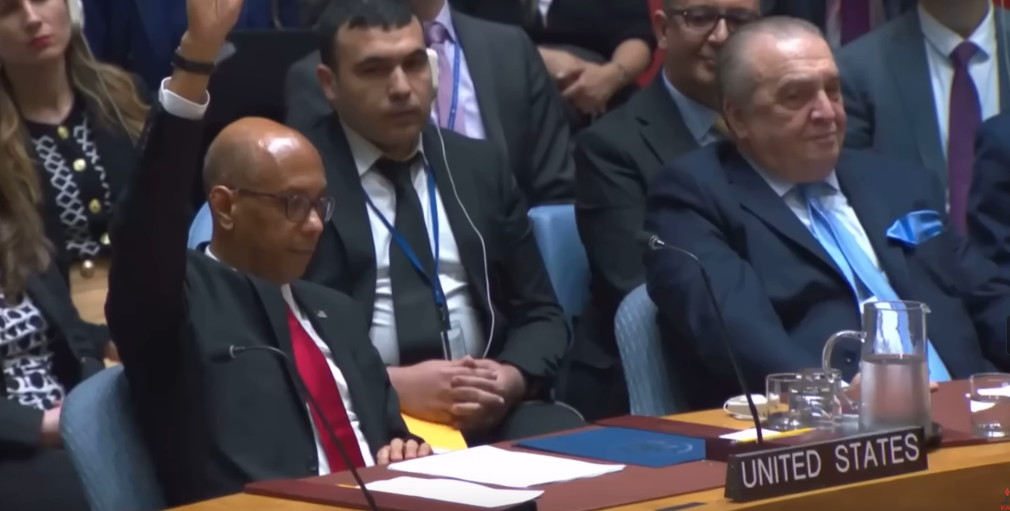Uganda’s Museveni. Photo: Facebook.
Ugandan President Yoweri Museveni should stop making statements that denigrate and threaten the press, and ensure that his government does not take actions that conflate journalism with terrorism or national security threats, the Committee to Protect Journalists said.
On June 11, while attending the funeral of ruling National Resistance Movement (NRM) legislator Ibrahim Abiriga, Museveni and NRM Secretary General Justine Kasule Lumumba publicly called for the need to censor radio and social media, according to a report by NTV Uganda.
Abiriga on June 8 was shot by unknown assailants near his home in Wakiso District, near the capital Kampala, according to media reports. Abiriga was a prominent proponent of a January law that removed presidential age limits, according to media reports. In a June 10 statement, Museveni said there was a “high probability” that the killing was politically motivated and he has since vowed a crackdown on crime in Uganda. Lumumba claimed that social media was being used to fuel a “hate campaign” against Museveni and the NRM, according to the NTV report.
Subsequently, Museveni in a June 14 televised speech criticized newspapers’ coverage of Uganda’s 2018-19 budget and the country’s debt, calling the privately owned Daily Monitor newspaper–which is owned by the same parent company as NTV–“evil” and the Red Pepper tabloid “stupid.” He also warned he would “do something” if the Daily Monitor’s “debt talk” did not stop, according to the footage and a report by The Observer newspaper.
“President Yoweri Museveni’s demonizing statements and threats to Ugandan media serve to intimidate journalists, promote self-censorship, and put journalists at risk by offering license for others to attack the press,” said CPJ Africa Program Coordinator Angela Quintal from New York. “Museveni should halt this rhetoric and commit his government to promoting respect for press freedom and the safety of journalists.”
Separately on June 11, General Elly Tumwine, Uganda’s security minister, accused the media of “contributing to terrorism” and “creating alarmism.” On June 13, the Uganda Communications Commission (UCC), the national broadcasting regulator, alleged in a statement that media houses gave people a platform to “express hatred, discrimination” and “stereotypes” in their coverage of the Abiriga murder. The UCC warned that it would institute criminal proceedings and revoke licenses of those found in breach of standards.
Information Minister Frank Tumwebaze on June 15 told CPJ that Museveni’s statements about the budget were a critique of partisanship and a lack of professionalism in the media. He added that the government would not take any unlawful action against the press. The UCC’s acting executive director, Fred Otunnu, on June 15 told CPJ that the June 13 statement “was a reminder to broadcasters to adhere to their professional standards as journalists and avoid providing a platform to wrong elements who are inciting violence.”
In the past week, journalists in Uganda also faced physical attacks from members of the public. On June 10, crowds attacked several journalists during preparations for the funeral of Abiriga in Arua, a district in Northern Uganda, according to an NBS report.
NBS cameraman Thomas Kitimbo told CPJ that he received minor injuries to his head during the attack, but was rescued by his colleagues and police officers. Robert Kayongo, a reporter with BBS Television, told CPJ that he and his cameraman also suffered minor injuries during the attack. NTV cameraman Galiwango Ronald told CPJ that he narrowly escaped a similar attack.












